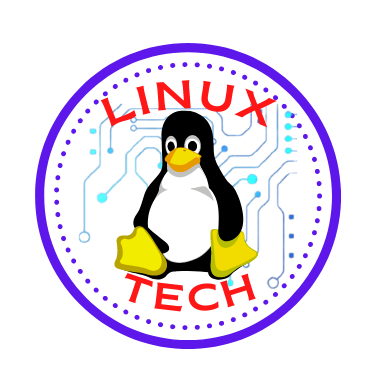Linux in Agriculture
3 min readLinux has become a valuable tool in modern agriculture, driving innovation, efficiency, and sustainability in the farming industry. Its open-source nature, flexibility, and wide range of applications make it an ideal operating system for various agricultural tasks and smart farming practices. In this article, we will explore the diverse applications of Linux in agriculture and how it is transforming the way farmers work.
Precision Farming and IoT: Linux serves as the backbone of precision farming and Internet of Things (IoT) solutions in agriculture. Linux-based IoT devices, sensors, and gateways collect and analyze data from the fields, allowing farmers to make data-driven decisions to optimize crop yield and resource management.
Farm Management Software: Linux-based farm management software facilitates farm planning, resource allocation, and record-keeping. These applications help farmers manage inventory, track equipment maintenance, monitor crop growth, and plan agricultural activities effectively.
Remote Sensing and Imaging: Linux-powered drones and unmanned aerial vehicles (UAVs) equipped with sensors and cameras offer farmers valuable insights into crop health, irrigation needs, and pest detection. The data collected from these devices assist in making timely and informed decisions.
Weather Forecasting and Data Analysis: Linux-based weather forecasting applications provide farmers with real-time weather data and forecasts, enabling them to plan planting, irrigation, and harvesting schedules accordingly. Linux’s data analysis capabilities also assist in understanding weather patterns and trends.
Smart Irrigation Systems: Linux-based smart irrigation systems efficiently manage water resources by using real-time data from sensors to optimize irrigation schedules. These systems reduce water wastage, conserve resources, and improve crop health.
Livestock Monitoring: Linux is utilized in livestock monitoring systems, providing farmers with real-time information on the health, location, and behavior of their animals. These systems enable early detection of health issues and optimize animal care.
Farm Automation: Linux-based automation systems control various farm operations, such as irrigation, planting, and harvesting. These systems increase efficiency, reduce labor requirements, and enhance overall farm productivity.
Open-Source Agriculture Tools: The open-source nature of Linux fosters collaboration and the sharing of agricultural knowledge and tools. The open-source community contributes to the development of agriculture-related software, leading to a wealth of resources accessible to farmers worldwide.
Data Privacy and Security: Linux’s robust security features are essential in agriculture, where data privacy and protection are crucial. Linux ensures that sensitive farm data and agricultural research remain secure from unauthorized access.
Linux’s versatility and adaptability have positioned it as a transformative force in agriculture. From precision farming and IoT applications to farm management software and smart irrigation systems, Linux’s presence is driving innovation and efficiency in the agricultural sector.
As agriculture continues to evolve and address the challenges of feeding a growing global population, Linux’s role will become even more critical in promoting sustainable and smart farming practices. By leveraging Linux’s power and potential, farmers can optimize resource management, reduce environmental impact, and increase agricultural productivity. With Linux as a technological partner, the future of agriculture holds promise, empowering farmers to embrace technology and cultivate a more sustainable and prosperous farming industry.

